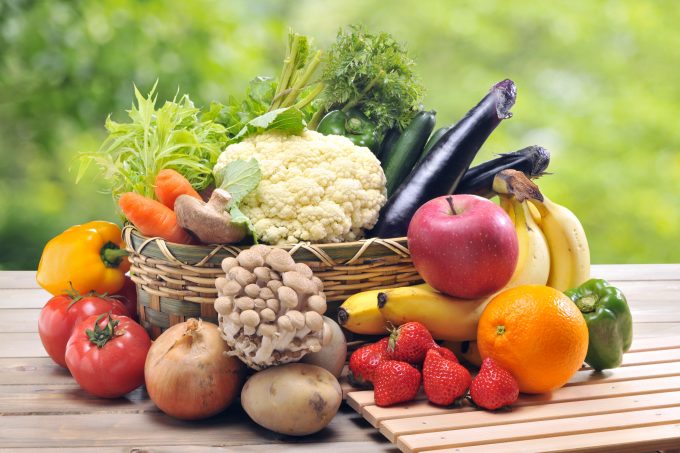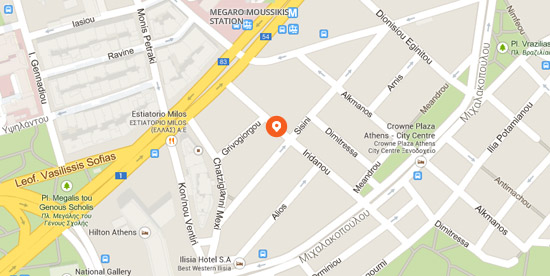Food and the immune system
If prevention is indeed better than treatment the battle against disease begins before we get sick. Our lifestyle is the first line of defence. If we get enough sleep, avoid stress, take precautions against infection, don’t smoke, maintain a healthy body weight, eat healthy, don’t drink too much, exercise and so forth then our body stays in good condition and therefore our immune system will be in good condition as well.
Evidently diet and nutrition influence the state of our immune system. Below we talk about how nutrition may support it in its function.

The link with nutrition
Undernourishment is associated to health problems. Those who are undernourished are more susceptible to infection. In the developed countries in which we live such incidences are rare, however we may come across deficiencies in micronutrients or specific vitamins. Those deficiencies are not a result of deprivation but rather of preference.
What does that mean? Well, for instance we choose a spectrum of foods we like, and stick with it. If all food groups are not represented in this spectrum we may develop a deficiency in a particular vitamin or nutrient.
One may consume an adequate amount of calories daily but have banished fruits and vegetables from his diet. There is a chance then that he or she isn’t taking the vitamins and minerals that his immune system needs.
This form of “undernourishment” if often observed in the elderly. The reasons are they eat in smaller quantities, and that their diets have less variety.
What I can do
You should have a dual goal. On the one hand to only consume the calories necessary to maintain a healthy body weight. While on the other, to make sure all the nutrients you need are included in your diet. Below we list certain substances that “fortify” the immune system, while also citing foods which contain them:
- Protein
It plays an important part in the function of the immune system. The antibodies with which our organism fights disease consist of protein.
You should consume some level of protein with each meal. Protein is found in poultry, fish, lean meat, seafood, legumes, nuts (go for unsalted) and seeds. - Vitamin C
Vitamin C contributes to the immune system’s function by stimulating the formation of antibodies. Daily intake through food is essential since our body doesn’t produce it nor store it. It is wrong to think that its sole source are citrus fruits because we may also find it in Brussel sprouts, spinach, kale, red peppers, strawberries, papaya and tomato juice. - Vitamin Ε
It works as an antioxidant. It is found in spinach and broccoli. Also in almonds, peanuts, hazelnuts, sunflower seeds and sunflower oil. - Vitamin Β6
This one participates in a large number of biochemical reactions of our organism. In this capacity it also participates in the immune system’s function. Foods rich in vitamin Β6 are chicken breasts, salmon, tuna, bananas, chickpeas, roasted potatoes and green vegetables. - Vitamin A
It has antioxidant action. It also contributes to the wellbeing of the mouth’s, the stomach’s, the intestines’, the respiratory system’s tissues and in good vision. In order for your diet to include vitamin A choose carrots, kale, spinach, sweet potatoes, melon, red peppers, apricot and pumpkin. The meat liver and offal also contain large quantities of vitamin A but be careful in consuming them. - Vitamin D
By eating salmon, mackerel, tuna, sardines and eggs you can get a small quantity of vitamin D through food. Significant quantities of it are produced by the exposure of our skin to the sun. - Phyllic Acid
You’ll find it in beans and peas as well as in leafy green vegetables. - Selenium
Selenium sources are tuna, sardines, broccoli, garlic, barley and finally Brazilian nuts. - Iron
Can be found in beef, chicken, turkey and seafood. Also in legumes, broccoli and kale. - Zinc
We take it from seafood like oysters and crabs, lean meat and poultry, milk, whole grain products, baked beans, seeds and nuts.
For the vitamins and nutrients of the list we cited foods that contain them. What we didn’t write is that there are foods fortified with specific vitamins or nutrients. Two examples of such foods are one cereals, on the packages of which you can check the “amplified” vitamins, and two “enriched” black pasta and bread that often contain phyllic acid.
Supplements
Supplements cannot replace vitamin intake from food. Nutrients consumed via our food are absorbed more effectively by our bodies. Furthermore, there hasn’t been, until now, evidence to suggest that certain supplements strengthen the immune system. Like we noted above someone may be deficient (not absorbing) a vitamin as he or she should. It would be wise then to refer to an expert for any further course of action.








